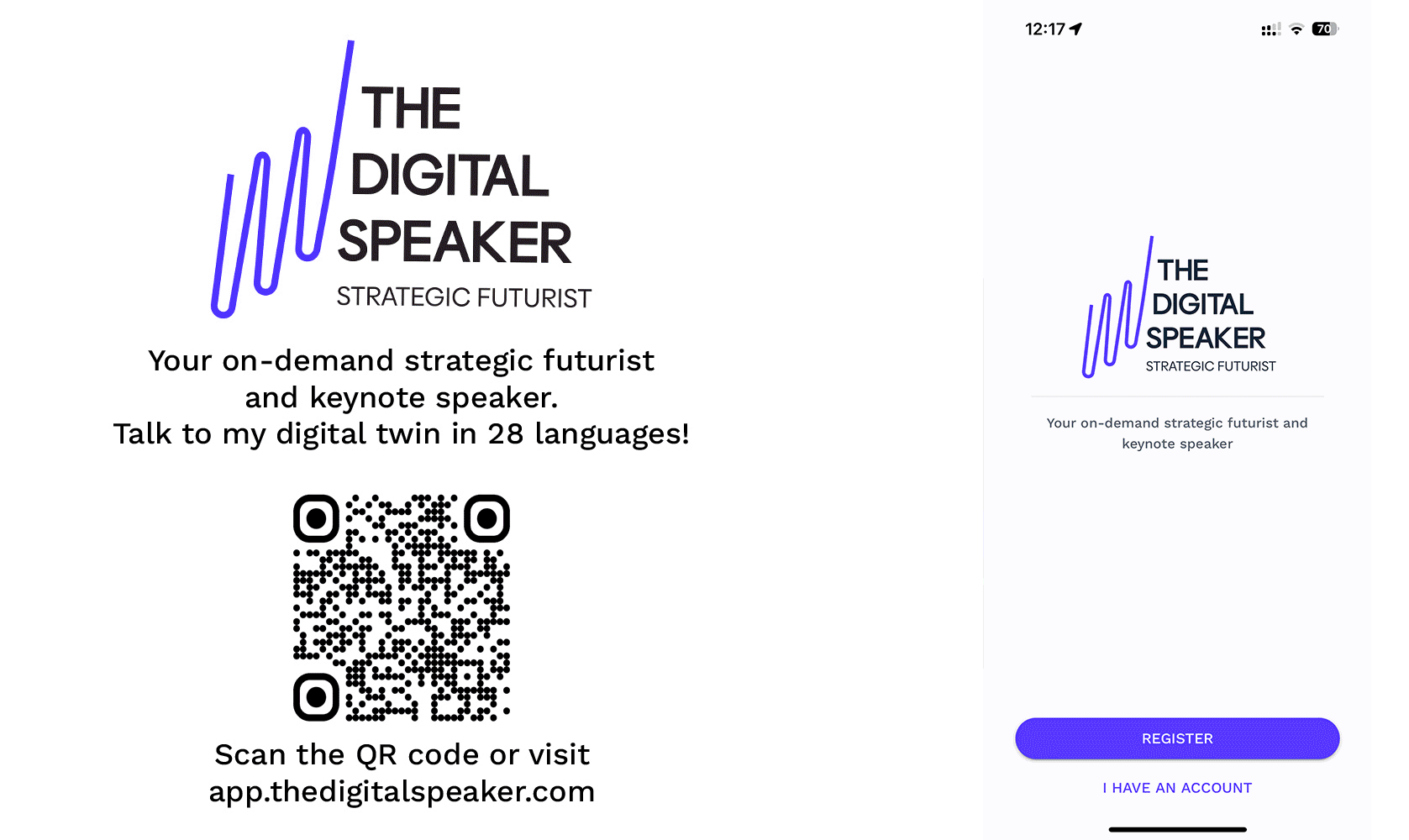Google's Privacy Blunders: The Hidden Database Exposed

If you think your data is safe with Google, think again—thousands of privacy mishaps suggest otherwise. Where is the "Don't be evil" mantra they used to champion?
A leaked internal Google database, obtained by 404 Media, reveals thousands of privacy incidents, painting a troubling picture of the company's data handling practices. Between 2013 and 2018, Google employees reported numerous privacy issues, including accidentally recording children's voices, leaking users' personal data, and making YouTube recommendations based on deleted watch history. These incidents, although varied in scale, collectively demonstrate significant vulnerabilities within one of the world's most powerful tech companies.
In one notable incident, Google Street View's system inadvertently transcribed and stored license plate numbers, creating a database of geolocated license plates. Another incident involved the public exposure of over a million Socratic.org users' email addresses, including those of children. Additionally, a quirk in Android's keyboard resulted in Google logging audio from children during the launch of the YouTube Kids app.
These revelations beg the question: where is the "Don't be evil" mantra Google once championed? The company's response to these incidents has been to assure that all issues were resolved, but this does little to assuage concerns about their ongoing commitment to user privacy. Google's internal database highlights the difficulty of managing vast amounts of sensitive data, but it also raises a critical issue: why does Big Tech consistently prioritize profit over societal benefits?
The answer may lie in the inherent conflict between business models driven by data monetization and the ethical imperative to protect user privacy. For companies like Google, user data is a goldmine that fuels targeted advertising and other revenue streams. This creates a tension where the protection of privacy often takes a backseat to profit motives.
Is it truly that difficult to protect the privacy of users? The answer is complex. While technical and operational challenges exist, the fundamental issue appears to be one of priorities. Until companies like Google place user privacy at the forefront of their business models, incidents like these will continue to occur. It's not just about fixing individual issues but fostering a culture that values and protects user privacy.
Read the full article on 404 Media.
----
💡 If you enjoyed this content, be sure to download my new app for a unique experience beyond your traditional newsletter.
This is one of many short posts I share daily on my app, and you can have real-time insights, recommendations and conversations with my digital twin via text, audio or video in 28 languages! Go to my PWA at app.thedigitalspeaker.com and sign up to take our connection to the next level! 🚀

If you are interested in hiring me as your futurist and innovation speaker, feel free to complete the below form.
Thanks for your inquiry
We have sent you a copy of your request and we will be in touch within 24 hours on business days.
If you do not receive an email from us by then, please check your spam mailbox and whitelist email addresses from @thedigitalspeaker.com.
In the meantime, feel free to learn more about The Digital Speaker here.
Or read The Digital Speaker's latest articles here.





